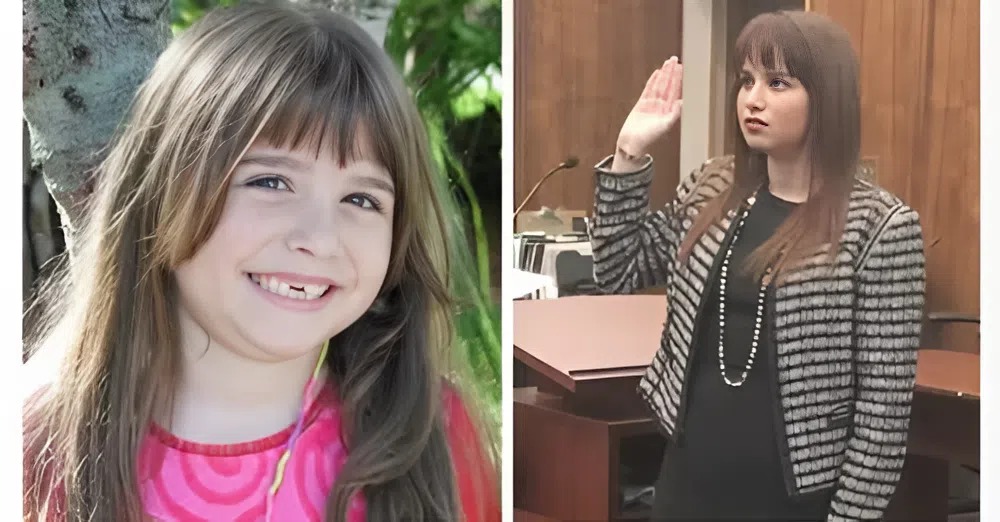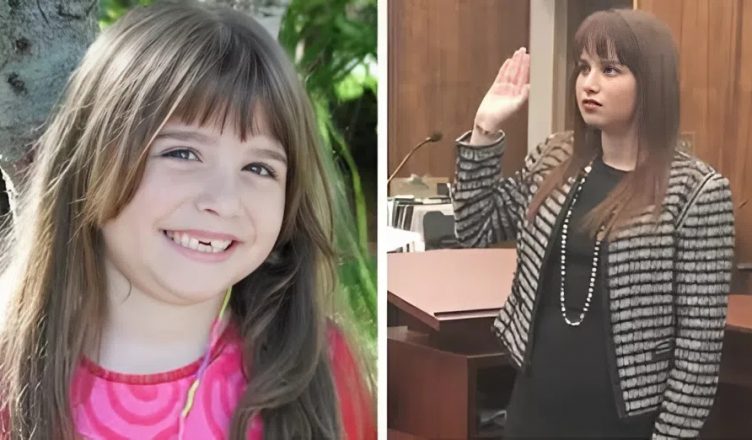When Camille was eight years old, her teachers sighed and told her parents the same thing again and again:
“She’s bright, but she lives in her own world. She’ll never fit in.”
To most people, that “world” seemed like a barrier — a fragile shell separating her from everyone else. But what they didn’t know was that inside that quiet world lived a mind of astonishing clarity, order, and logic. Camille saw what others missed.
Diagnosed with autism at the age of ten, she grew up surrounded by misunderstandings. The noise of classrooms, the constant social rules, the unpredictable chaos — all of it overwhelmed her. But in words, she found safety.
She loved language, loved the way it could shape reality. While other children played, Camille would line up words like puzzle pieces, rearranging them until they felt just right.
School was never easy. Teachers often labeled her as “difficult,” classmates didn’t understand her silence, and every group project felt like a test she was destined to fail. Yet Camille had one thing no one could ignore: an extraordinary memory and relentless focus. Once she became interested in something, she wouldn’t let go until she understood it completely.
At fifteen, she stumbled upon an article about an unfair court case. It wasn’t the drama that caught her attention — it was the structure of justice itself. The precision of legal language, the way a single word could decide someone’s fate — it fascinated her.
Where others saw rigid paragraphs and dull codes, she saw rhythm, harmony, and logic. For the first time, she felt that maybe the world of law could make sense to her — even if the rest of the world didn’t.
Her path through university was brutal. Oral exams terrified her; public speaking felt like walking through fire. Professors sometimes doubted she’d ever survive in the courtroom. But her written work was brilliant — meticulous, deeply reasoned, and almost impossible to fault.
She might have struggled to make eye contact, but she never struggled to see the truth hidden in the details.

At twenty-seven, Camille finally took the lawyer’s oath. It was a moment that would change her life — and inspire countless others. Standing in her oversized black robe, her hands shaking, she looked down for a moment, then spoke clearly:
“They said I would never understand people. Today, I defend those no one understands.”
Her story spread quickly. Newspapers wrote about her, parents of autistic children wrote to her, students quoted her words. But Camille never saw herself as a hero. “I’m not special,” she said. “I just refused to let others decide what I can’t do.”
Today, she runs her own law firm. She takes on complex, often emotionally heavy cases that others avoid. Her clients describe her as calm, sharp, and unshakably fair. Her colleagues call her a genius for the way she can spot inconsistencies in contracts and arguments — details invisible to everyone else.
Beyond her career, Camille now advocates for inclusion and awareness. She lectures at universities about neurodiversity, challenging old stereotypes about autism.
“Autism isn’t an illness,” she often tells her audiences. “It’s a different operating system. The problem isn’t how our minds work — it’s how unwilling the world is to adapt.”
At home, she lives quietly. Her apartment is filled with books, notes, and the gentle order that brings her peace. She doesn’t seek fame or recognition. What she wants most is to prove that difference can be strength — that silence, focus, and empathy can change lives.
And the same teachers who once said she’d never find a job now see her on television, defending those society forgot.
Camille doesn’t smile out of pride — she smiles with calm certainty.
Because she knows now what the world once refused to see:
Being different isn’t a weakness.
It’s power — the kind that can change the world.
